
Call Us

Call Us

Business Hrs
Mon-Sun: 24 Hours

Call Us

Call Us

Secure your seat now with EOCL India’s trusted partner for MBBS in Russia 2026, Study at top medical universities with affordable fees structure and hussle-free admissions.
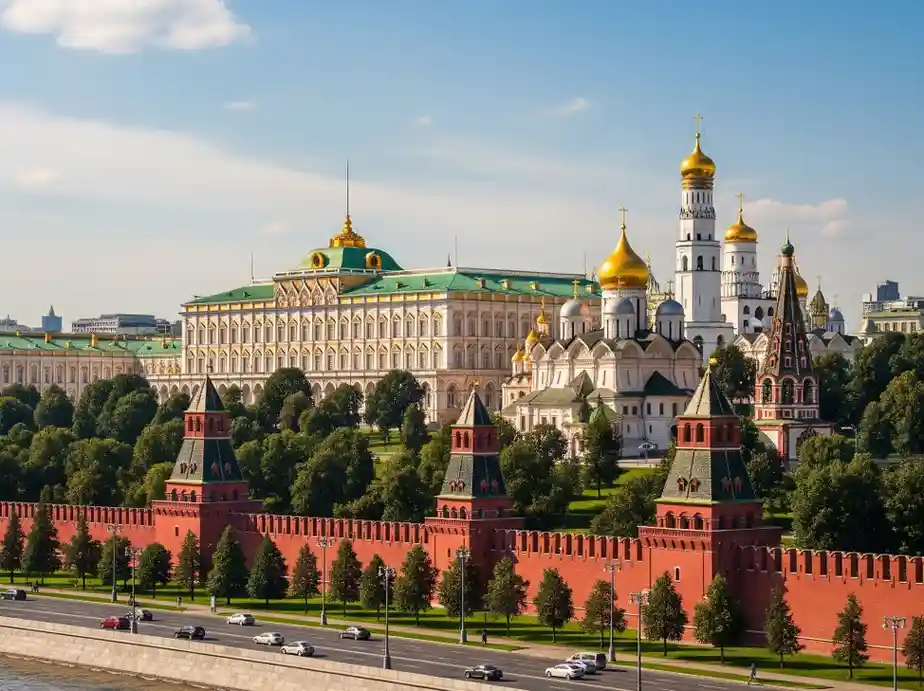
Pursuing MBBS in Russia is an excellent choice for Indian students: it is cost-effective, globally recognized medical education. With English-medium programs, modern infrastructure in hostels and surrounding areas and a curriculum aligned with international standards, Russian medical universities offer a cost-effective and high-quality pathway to becoming a doctor. If you are planning to study MBBS in Russia, this guide will assist you through key details like eligibility, fees, top universities, and career prospects to help you make the right decision for your future.
There are many Best Mbbs Colleges In Russia that have good MBBS courses for foreign students, including Indian students. Some of the best medical universities in Russia offering MBBS programs are listed below:
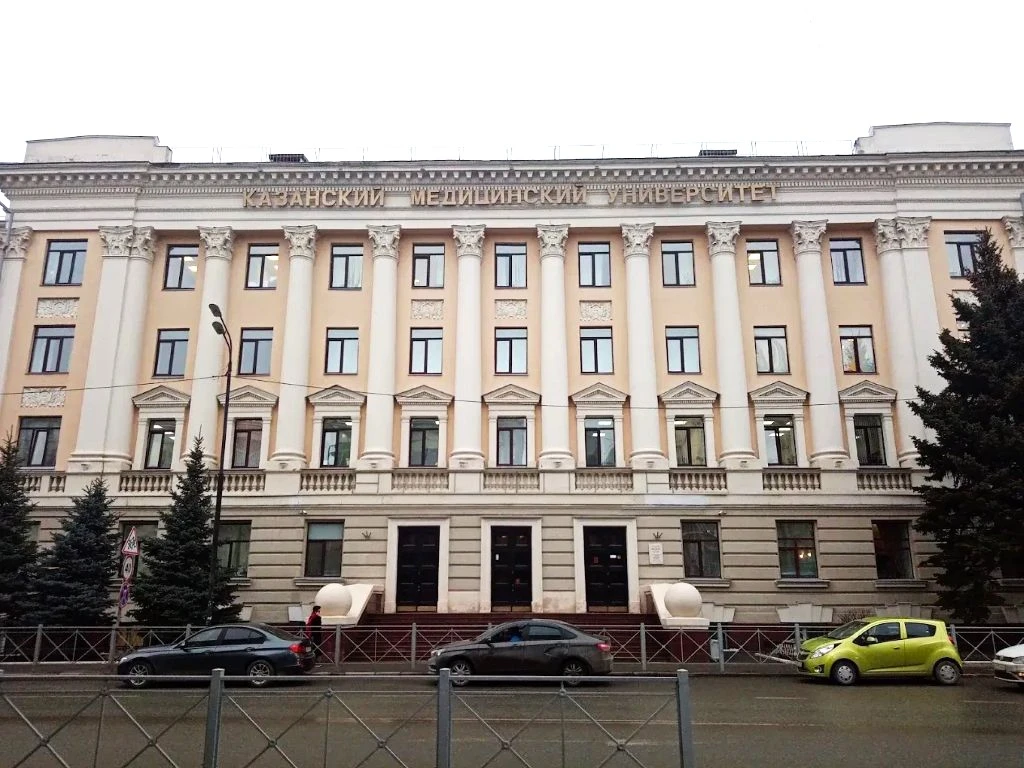
Kazan State Medical University is one of the oldest and most prestigious medical universities in Russia. It has a high level of teaching and clinical training. KSMU teaches MBBS courses in English and Russian, making it a very good choice for foreign students. The university is accredited by the WHO and the MCI. Kazan has a number of affiliated hospitals, where students get clinical exposure during training.
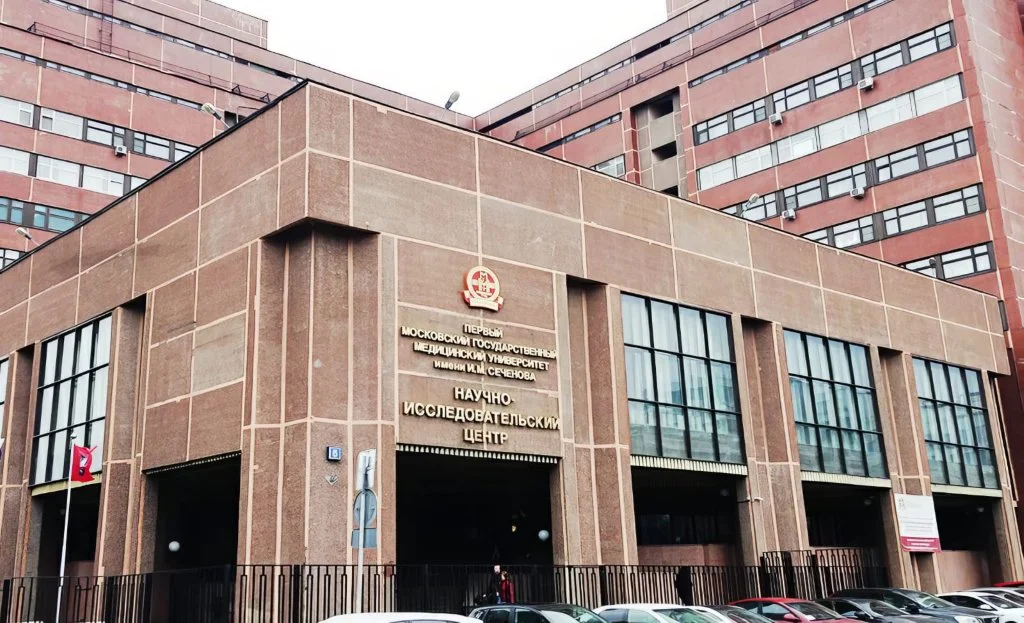
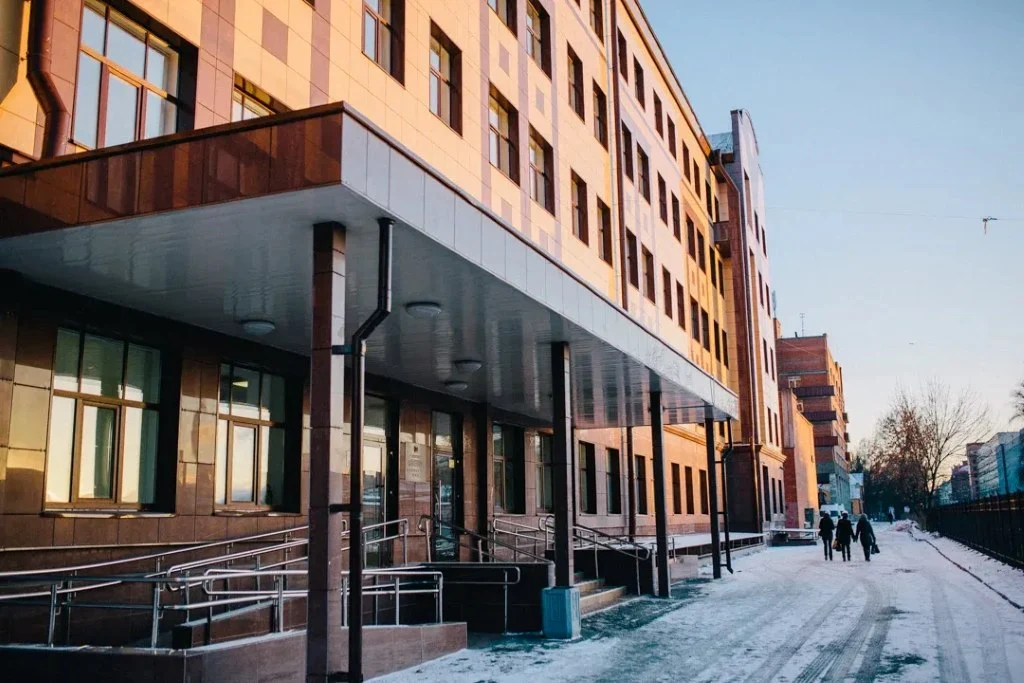
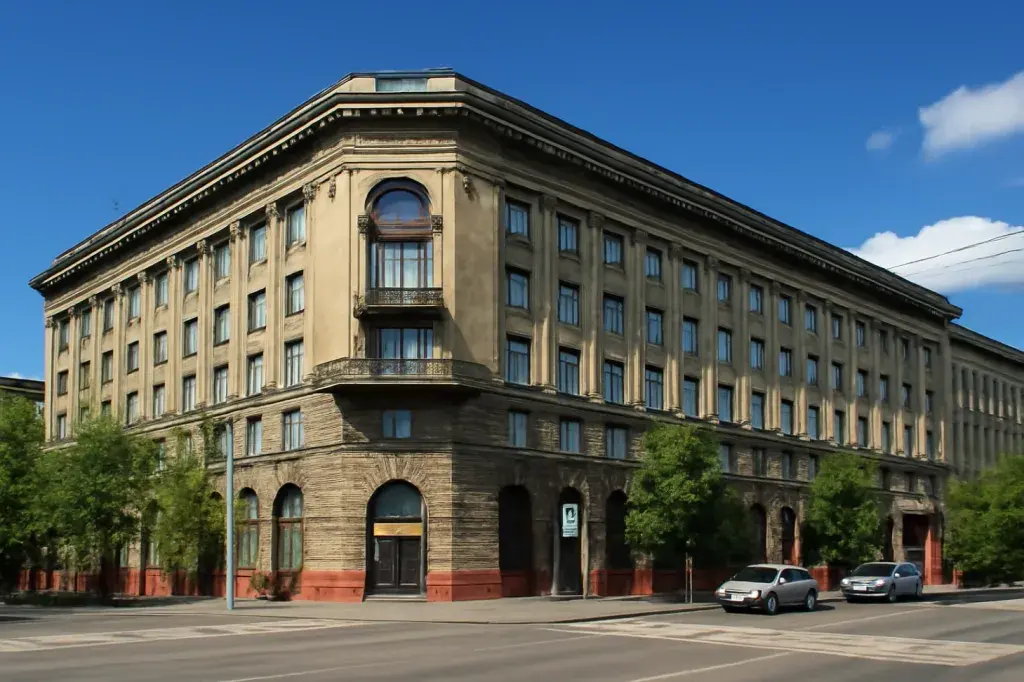

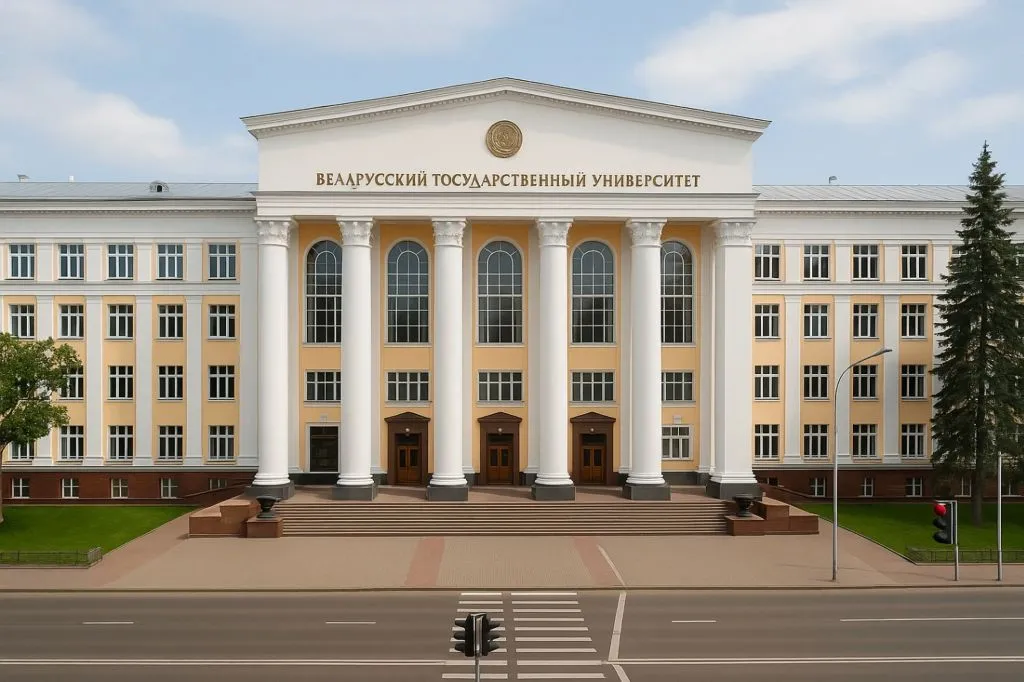
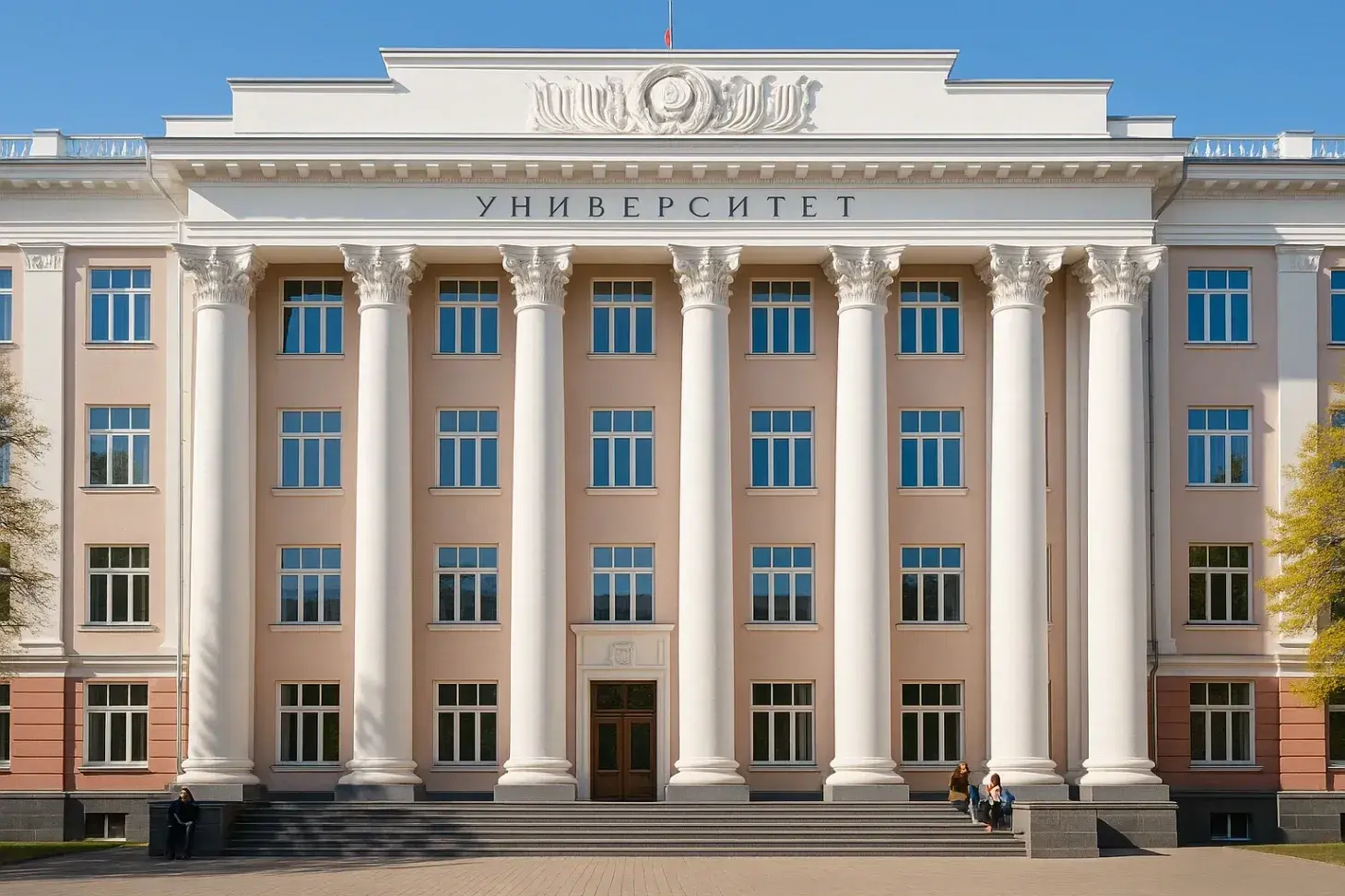
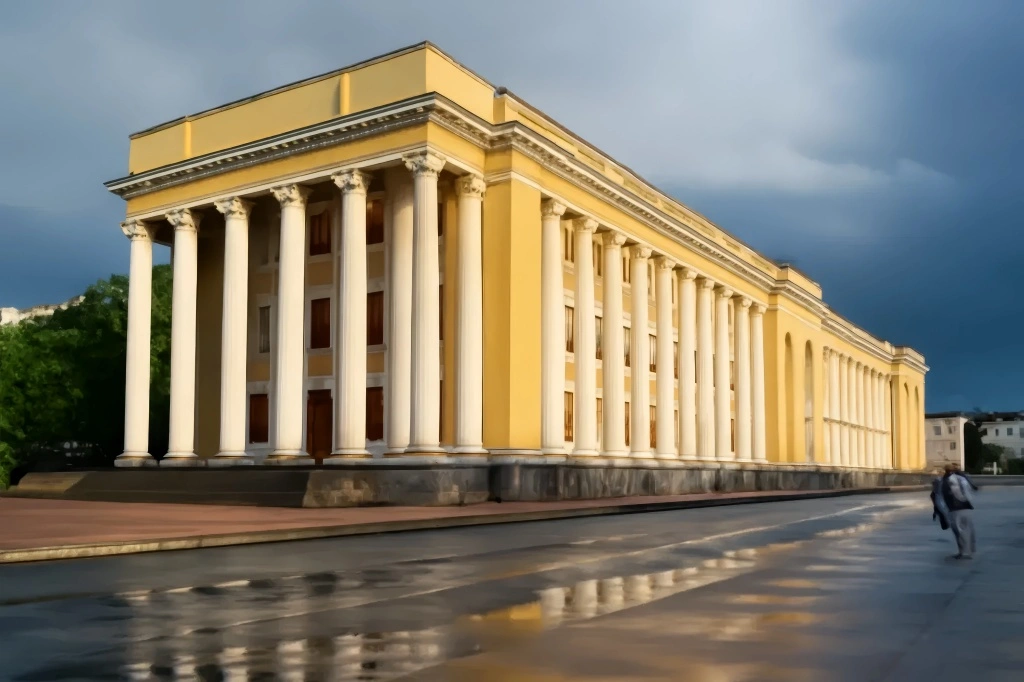
When it comes to studying MBBS in Russia, there are some eligibility criteria one needs to follow as an aspirant student. The process isn’t very tough and is manageable for international students, particularly international students from the likes of India. Here is a step-by-step explanation of the eligibility factors for Indian students who wish to study MBBS in Russia:
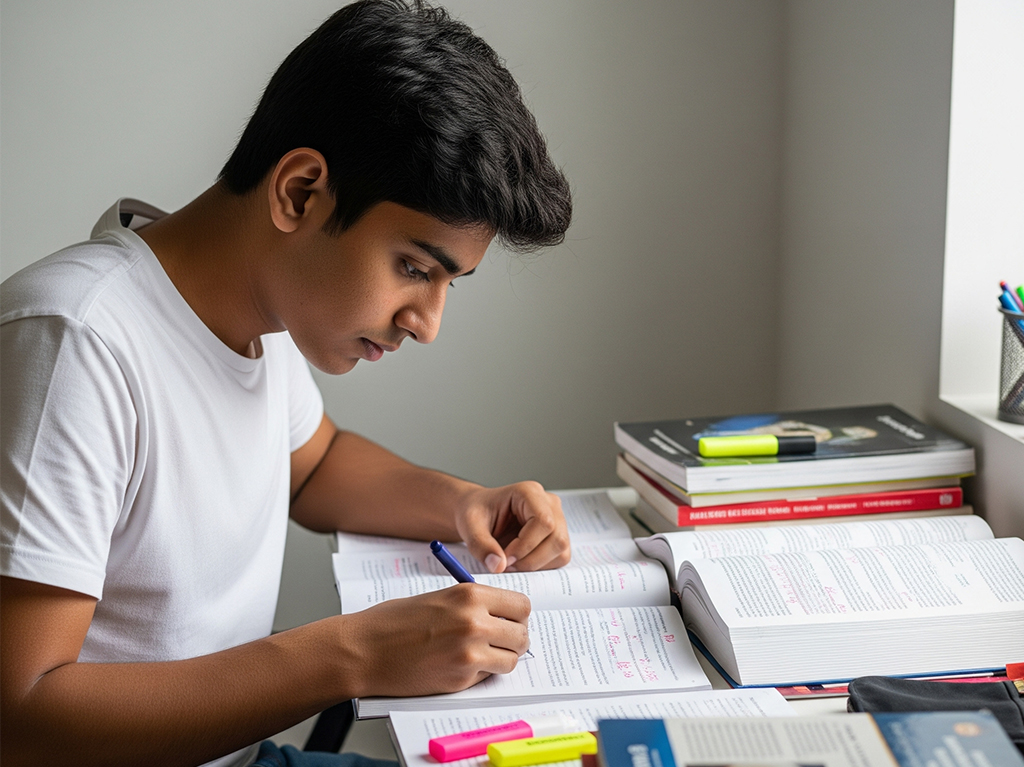
The first and foremost requirement is that the student must have completed their 12th standard (higher secondary school) education from a recognized board with Physics, Chemistry, and Biology as the mandatory subjects. The student must have obtained a minimum of 50% marks in these subjects combined. It is important to note that students from the General category must fulfill this minimum requirement, while students from reserved categories (SC/ST/OBC) might have a slightly relaxed percentage requirement, depending on the university’s policies. It is also important to note that students applying for MBBS in Russia must not be more than 25 years old at the time of admission. This is generally the standard age limit set by most Russian medical universities.



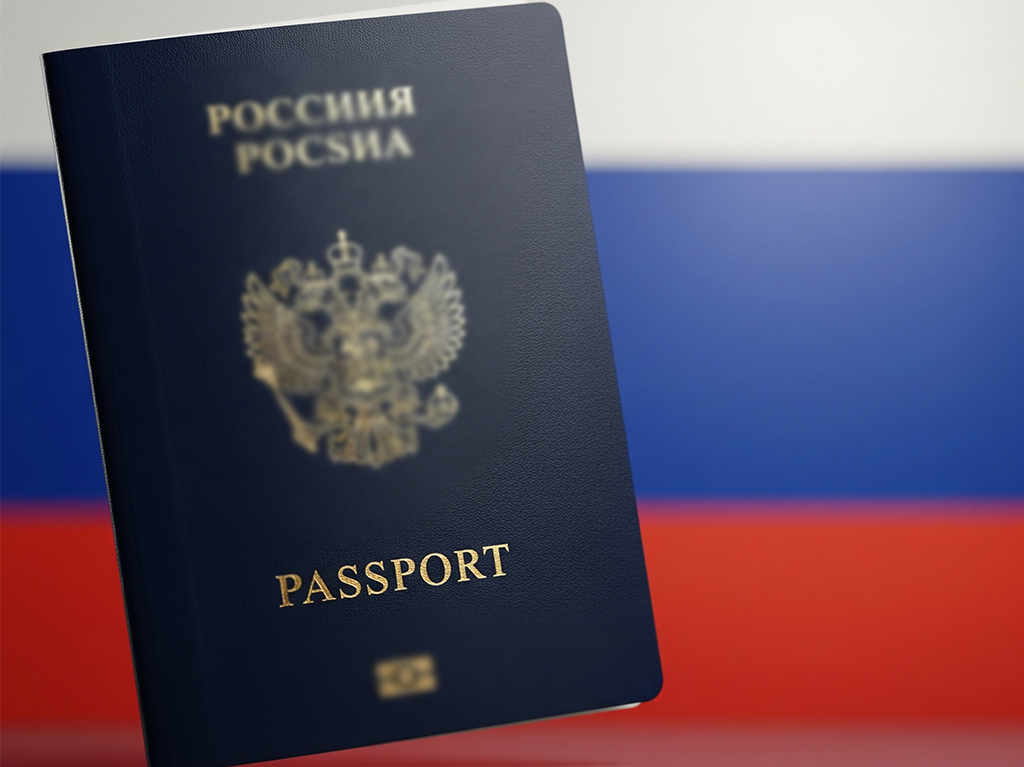
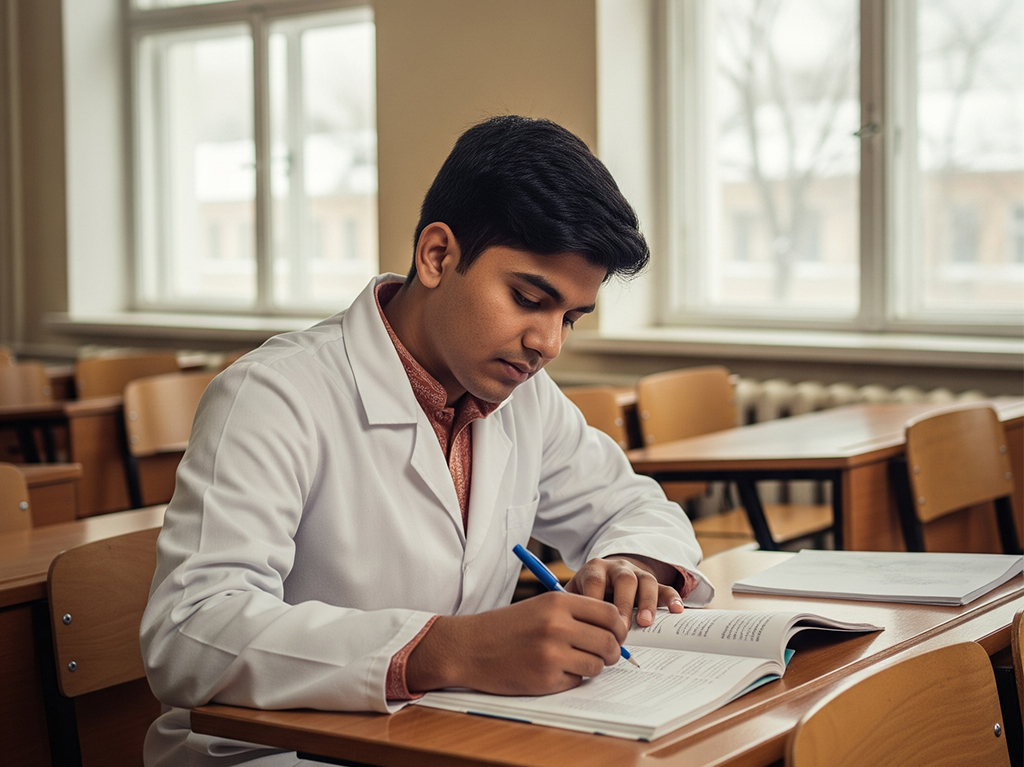
Some universities might demand students to take an entrance test or an interview, particularly for applicants seeking to enter high-ranked and sought-after universities. Some universities might even request recommendation letters from past institutions or personal statements on why the student wants to study medicine. Such requirements are however different for every university, and one must review the individual admission requirements of the desired university.
In short, the requirements for pursuing MBBS in Russia are easy with clear requirements for educational standards, NEET clearance, medical fitness, proficiency in language, and a valid passport and visa. These requirements are essential in order to equip the students properly to meet the challenges of an intense Russian medical course.
By fulfilling these qualifications, Indian students are able to start a bright future to accomplish their aspiration to become a physician, with the added advantage of a low cost and quality education.
The MBBS course in Russia generally lasts 6 years, offering students a well-rounded education in medical science, clinical practice, and practical training. Russian medical schools have a reputation for having a rigorous curriculum that is designed to instill in students a good understanding of the human body, disease, and treatment methods.
The curriculum of the course is divided into two general phases: the preclinical phase (Years 1-3) and the clinical phase (Years 4-6). Following is a step-by-step breakdown of what students can expect in each phase:
1. Anatomy
Anatomy is one of the most crucial topics that are part of the syllabus for MBBS. Through the first year, students learn about human structure of the entire body including the systems like musculoskeletal, circulatory, digestive, respiratory, and nervous systems. Anatomy includes detailed human cadaver studies where students get to know body bones, tissue, and organs easily. The laboratory dissection classes play an important role to understand the structure of the body in spatial aspects.2. Physiology
Physiology is another essential subject, dealing with the functions and processes of the body. The students are taught how the body’s systems function together to sustain homeostasis, e.g., cardiovascular system, respiratory system, and endocrine system. Physiology enables students to learn how the body responds to stimuli and diseases.3. Biochemistry
Biochemistry is an integral part of understanding the chemical reactions within living things. It includes the examination of metabolism, enzymology, genetics, and molecular biology. Students learn about the molecular processes underlying cellular functions, such as the role of enzymes, hormones, and genetic material in physiological processes.4. Histology and Microbiology
Histology is the examination of tissues in the human body, providing students with information about the organization of tissues and cells. Microbiology exposes students to microorganisms such as bacteria, viruses, fungi, and parasites. An understanding of microorganisms and how they contribute to disease is integral to a future medical career.5. Pharmacology
Pharmacology encompasses the study of drugs and their action on the body. Students are taught the mechanism of action of various medicines, including their therapeutic uses, side effects, and interactions. Pharmacology gives students an idea of how drugs are used to cure a variety of diseases and medical conditions.1. Internal Medicine
Internal Medicine is one of the main subjects in the clinical years. It is concerned with the prevention, diagnosis, and treatment of adult diseases, including heart disease, diabetes, and respiratory diseases. Students are trained to assess patients, perform physical exams, and interpret laboratory and diagnostic tests. They are trained to deal with complex medical conditions that need overall care.2. Surgery
Another mandatory topic during the clinical stage is surgery. The students learn different types of surgical procedures such as general surgery, orthopedics, and emergency surgery. The students get educated about aseptic principles, surgical equipment, and care post-surgery. Under supervision, the students assist in minor operations during clinical rotations.5. Psychiatry
Psychiatry is the study of psychiatric illness and mental health, such as depression, anxiety, and schizophrenia. Students learn to evaluate patients with mental illnesses, comprehend diagnostic criteria, and create treatment plans. Psychiatry also addresses the use of therapy and medication in treating psychological disorders.The last year of the MBBS course is devoted to an internship, which is an integral part of the curriculum. Students are posted to hospitals or clinics, where they put the knowledge into practice in real-life situations. During the internship, the students have patient care, diagnosis, planning for treatment, and follow-up under the guidance of experienced physicians.
Internships are used to allow the students to enhance their clinical ability and get them ready to enter into the professions of medicine when they complete. The students get the MBBS degree on completing the internship successfully and become competent to practice as medical practitioners.
One of the most important reasons why Russia has emerged as a favorite destination for foreign students to study MBBS is the low fee structure. The Russia Doctor Course Fees for studying Mbbs From Russia is much lower compared to medical courses in Western nations such as the United States, Canada, or the United Kingdom. Russia provides a quality medical education at a reasonable cost, which makes it a favorite among students from around the globe, including India.
| University Name | City | Tuition Fee Last Year (₽) | Hostel Fees (₽) |
|---|---|---|---|
| Immanuel Kant Baltic Federal University | Kaliningrad | 3,15,800 | 15,000 |
| Tver State Medical University | Tver | 4,30,000 | 15,000 |
| Chechen State Medical University | Grozny | 3,00,000 | 42,000 |
| Kazan Federal University | Kazan | 5,94,000 | 15,000 |
| Kabardino Balkarian State Medical University | Nalchik | 3,24,000 | 24,000 |
| Bashkir State Medical University | Ufa | 4,90,000 | 14,000 |
| Ural State Medical University | Sverdlovsk Oblast | 3,50,000 | 36,000 |
| Ryazan State Medical University | Ryazan Oblast | 3,50,000 | 30,000 |
| Pskov State Medical University | Pskov Oblast | 2,80,000 | 24,000 |
| Navgorod State Medical University | Navgorod Oblast | 2,78,000 | 35,000 - 40,000 |
| Chuvash State Medical University | Chuvash | 2,80,000 | 24,000 |
| Ivanovo State Medical Academy | Ivanovo | 2,85,000 | 20,000 - 30,000 |
Payment of fees for MBBS in Russia is simple. The payment of fees is normally made annually, and students pay when a new academic year begins. The payment is made through different channels, such as bank transfer or online payment platforms, depending on the policy of the university.Installment payment might be available from some universities, where students can split the payment into several portions over the course of a year.
The process of applying for MBBS in Russia is quite simple, yet it requires focus on details. Foreign students are provided with a smooth Mbbs Admission In Russia procedure by Russian medical universities. Below is a step-by-step process of applying for MBBS in Russia, including tips and recommendations to make the application process simpler.
The initial step towards studying MBBS in Russia is selecting the appropriate medical university. There are many medical universities in Russia that conduct MBBS, and it is essential to select one which suits your interest, for example, its location, fees, medium of instruction (Russian or English), and accreditation. Some of the best medical universities in Russia to do MBBS are: Choosing the right medical university is the first step in applying for MBBS in Russia.
It is important to check the particular eligibility requirements of the university you are applying to since some universities require additional qualifications or have entrance exams as a prerequisite for admission.
MBBS studies in Russia are now a much sought-after destination for foreign students, particularly those from India, China, and the Middle East. With its low fee structure, top-notch education, and quality training, Russia has several benefits that make it a choice destination for thousands of students each year. We will discuss below the major benefits of studying MBBS in Russia, which make it a preferable option for medical aspirants all over the world.
One of the strongest arguments to study MBBS in Russia is that it’s affordable. When compared to other countries, particularly the United States, the United Kingdom, or Australia, it’s relatively low to study medicine in Russia. The tuition fees in Russia cost between USD 4,000 and USD 10,000 per year depending on the institution. For the entire 6-year MBBS course, the amount is between USD 24,000 and USD 60,000 — much lesser than studying medicine in Western countries, where the fees can go up to over USD 100,000 annually. Other than the very low tuition fees, Russia also has low lifestyle expenditure compared to other countries for studying abroad, offering an appropriate setting for those looking for affordable medical education.
Russia boasts a multicultural student population, and there are thousands of foreign students from India, China, Africa, the Middle East, and Latin America. Learning in a multicultural environment gives students the opportunity to engage with students from other cultures, hence a global mindset . Russian universities offer the chance to establish an international network, and the diversity of the environment facilitates the development of interpersonal skills and communication skills, which in turn are useful in their future medicine career. Students are also exposed to other healthcare systems, which enhances their vision and encourages them to adopt a more flexible attitude towards medicine.
Multicultural healthcare facilities and sophisticated medical infrastructure of Russia also provide well-paying career opportunities to fresh MBBS graduates.
The most innovative and mind-blowing development in Russian medical Education is the implementation of virtual reality and simulation at a high-fidelity level, as students can not only manipulate a virtual body but also practice a multitude of techniques prior to ever touching a single human body. All of these procedures are performed in highly realistic environments that look and feel like they were performed on a person. Imagine being a second-year medical student using a VR headset to perform a complicated cardiac surgery on a virtual patient while the patient’s vitals respond as a real human’s would, but you are rated on your performance, and your hand shakes (if you are shaken). If you had made a mistake performing a surgery – the VR simulation will provide you with immediate feedback that will allow you to learn from the mistakes that would have been catastrophic if they had been committed on a real patient.
Studying with classmates from other countries, like Nigeria, India, Brazil, China, and Syria, exposes students to disease symptoms, genetic differences, and health issues throughout the world. For example, students in Nigeria bring knowledge of tropical diseases that students in Westernized medicine may never learn, and students in Syria bring knowledge of treating trauma related to war. Students from India can explain how diabetes affects people from different South Asian ethnicities and how other ethnic groups may have different effects from diabetes and its treatment.
Common Questions
Yes, it is necessary for Indian students to take NEET if they want to pursue MBBS in Russia. NEET is compulsory for students in order for them to be eligible for the study of medicine abroad, as it will confirm their level of academic qualification.
The basic documents required for MBBS admission in Russia include:
After completing an MBBS, foreign students are allowed to become a medical license holder in Russia. However, the students have to pass the Russian medical licensure exam for practicing medicine in Russia. It is preferable for some students to stay back in Russia to pursue residency or speciality courses that can increase their job opportunities in Russian medical centers.
WhatsApp us

Enter your basic information and let our knowledgeable counselors help you choose the ideal university!
Get Started
Before we can proceed, we need the basic details.